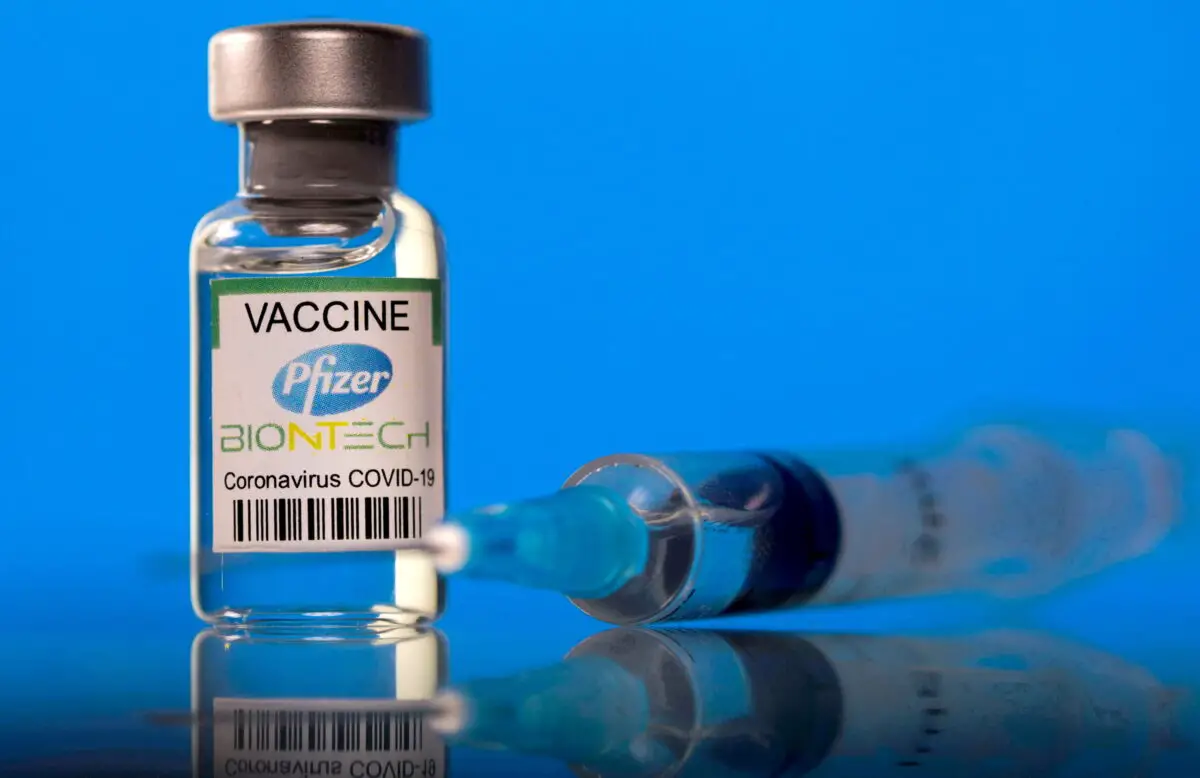During a hearing back in November concerning a Freedom of Information Act (FOIA) request on the Pfizer mRNA vaccine data held by the Food and Drug Administration, lawyers for the FDA argued it would take some 55 years for the agency to fully vet and release all the data used to assess and approve the vaccine for use. This is due, the FDA claims, to the snail’s pace at which the agency can spare personnel to sort through the mountains of data and make it ready for public consumption. As noted at the time, many people who receive the vaccine today will not be around in 55 years, let alone 75 years.
Now, the FDA has revised the timeframe and says it will actually need 75 years, with an end date of around 2096 before all Pfizer Covid vaccine data can be released under a FOIA request to researchers:
The Food and Drug Administration is asking a judge to give it 75 years to produce data concerning the Pfizer and BioNTech vaccine, up 20 years from a previous request.
The FDA told the court it can work faster than its previously proposed 500-pages-per-month rate, but it also said there are more than 59,000 more pages than mentioned in an earlier filing.
That discovery, and a desire to make sure it can work on other Freedom of Information Act requests at the same time, prompted the fresh request to the judge to allow production of roughly 12,000 pages by Jan. 31, 2022, and 500 pages per month thereafter.
That timeline would take it until at least 2096, Aaron Siri, a lawyer working on the case, wrote in a blog post.
This is quite something, and quite ridiculous concerning the urgency with which these vaccines are being pushed on the public. Once again, it was noted back in November that the FDA needed only 100 days to approve the vaccine under emergency use authorization. Now, the agency claims, it will take almost a century before researchers and scientists outside the FDA can get full access to the data that the authorization is based on.
As the FDA and drugmakers pile on more documents regarding booster shots and new Covid variants, this timeline is only expected to grow. Furthermore, this timeline only covers the vaccine from Pfizer since it was the first approved for the public. Getting data on the Moderna and Johnson & Johnson vaccines would probably add another century on top.
The bottom line here is a bad look for a government agency that asks the public to “trust the science” but then acts as if the public doesn’t have a right to see the science in a timely fashion.
A layer working on behalf of the plaintiffs noted this move by the FDA is a strict departure from requirements by courts in previous cases stating that government agencies need to provide 10,000 documents a day in response to public requests:
“The entire purpose of FOIA is government transparency. In multiple recent cases, in upholding the FOIA’s requirement to ‘make the records promptly available,’ courts have required agencies, including the FDA, to produce 10,000 or more pages per month, and those cases did not involve a request nearly this important–i.e., the data underlying licensure of a liability-free product that the federal government requires nearly all Americans to receive,” Siri said.
Once again, the bureaucracy is likely to win over the cause of transparency and the right of the people to have access to the data used to shape the course of our lives.
By 2096 we should have some answers. Leave a note for your great-grandchildren to check back in with the FDA by then and see if they’re on schedule.
Donate Now to Support Election Central
- Help defend independent journalism
- Directly support this website and our efforts
